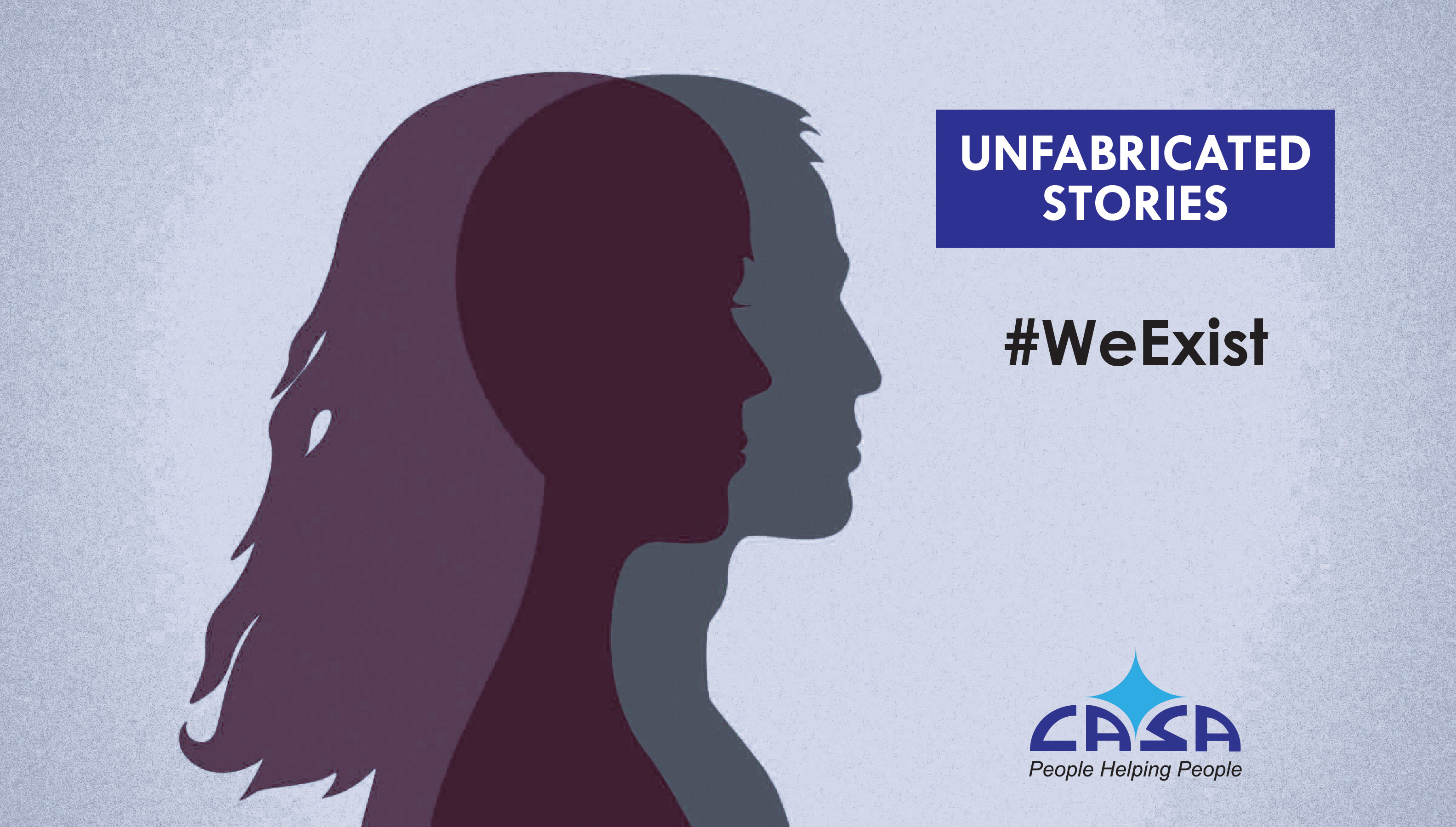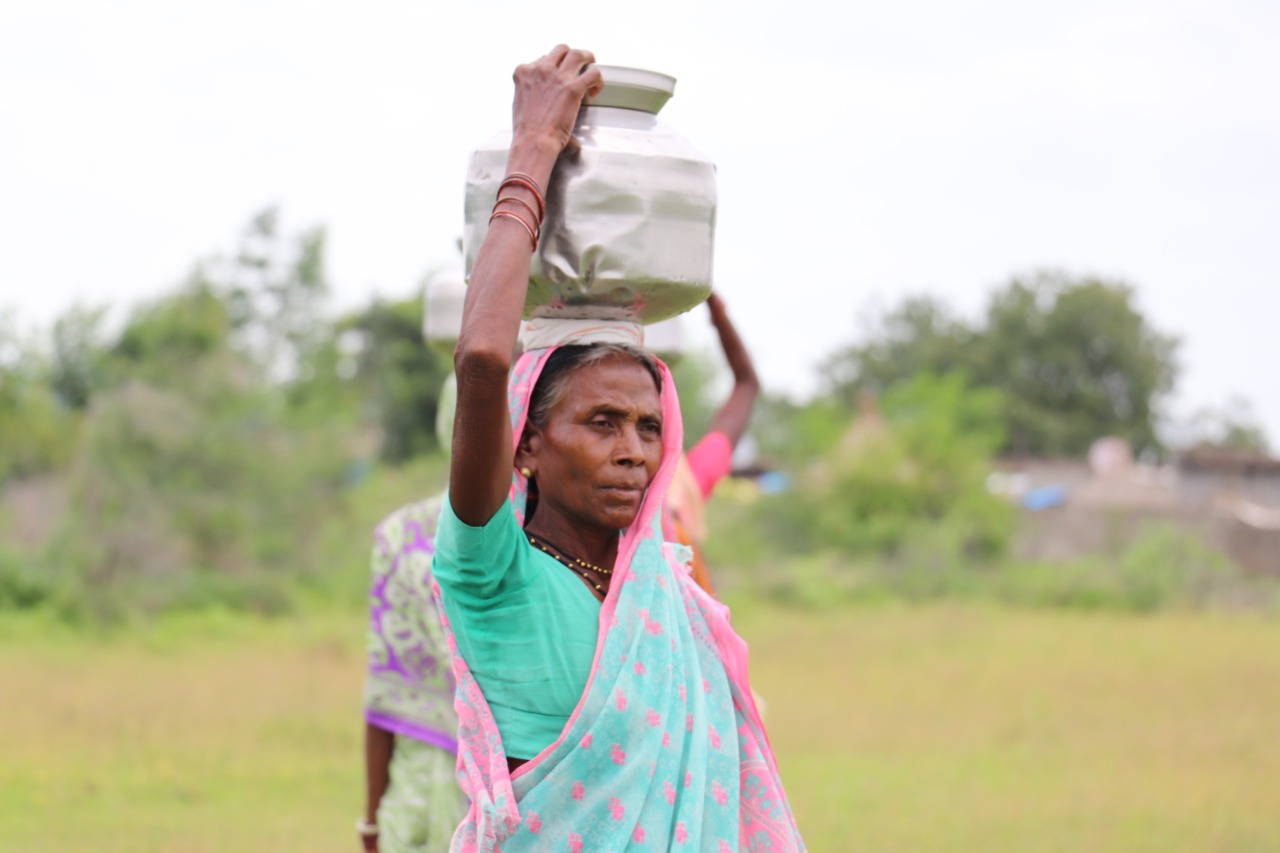- home

- Publication & Resources

- Blog
- In the Pursuit of Acceptance

In the Pursuit of Acceptance
“Sometimes I feel being a transgender is a curse. There is no-one to turn to for support and guidance. Our lives are rife with unseen difficulties.”
Living on the fringes of the society but constantly the centre of discrimination and injustice, the transgender community of our country has seen history and the present riddled with unimaginable adversities.
Komal(name changed) is a 25-year-old transgender woman from Dehradun, Uttarakhand. Being the youngest amongst four siblings, she was constantly subjected to derision and disdain by her family, with everyone telling her to ‘be like a boy, not like a girl.’ Her attempts to share her concerns and troubles with her family members failed numerous times. People just weren’t willing to listen and understand her.
Nevertheless, she worked hard and pursued her B.Tech degree, after which she got employed in a factory. But the feeling of alienation from the colleagues was evident. “It was difficult to convince my colleagues about my feelings as a girl. They were uncomfortable in sharing gender-specific areas, such as toilets, with me.”
Komal faced harassment and apathy from her colleagues. Thus, even after being a competent person, she was compelled to leave the job. This was when she decided to openly come out as a transgender. But to her dismay, employment opportunities ceased to exist after her declaration.

Komal receiving aid under CASA’s Covid-19 response programme
“The society is still not ready to accept me as a transgender. Standard tasks are a challenge for me; I constantly face an identity crisis in a society where everything warrants gender identification including toilet, ration card, account Check-in, driving license, PAN etc.”
There are over 4.88 lakh identified transgenders living in India, according to the Census 2011. The third gender was recognized in 2019 in India. However, the living conditions and treatment towards transgenders in our country is abysmal. The people are highly deprived of the right to participate in any form of economic activity regardless of one’s qualification and competency. This compels many to resort to begging or choose sex work to sustain them. Access to basic healthcare infrastructure is minimal and sometimes denied.
The Covid-19 pandemic has aggravated the problem. A majority of the transgender community are daily wage earners and thus social distancing measures and the lockdown have affected them a lot. Many of them don’t have access to basic documentation like Aadhar Card, Ration card etc., and thus non-availability of suitable ID cards impedes the process of getting benefits from the government. They are also left out from the several assistance programs launched by the government, which promise to provide assistance to other vulnerable sections of the society.
The stigma attached to them runs deeper. During the pandemic, there have been increased incidences wherein people are avoiding communication with the transgender people, fearing that they would contract the virus. Posters have been posted in some areas warning people
about the same. The transgender community has been bearing the brunt of discrimination and stereotypes ever since.
Many of the people are undergoing treatment and are under medication. Regular clinic checkups are required in some of the treatments, which have been disrupted due the pandemic. The prevalence of HIV among transgender is 3.1% as compared to the 0.26% among all adults. This raises concerns over the increased susceptibility of the affected towards Covid-19, as their immune system is already compromised. There are also concerns among them about the availability and supply of their medications, as many feel that the chemists wouldn’t stock up enough supply due to the pandemic.
Komal, an HIV-positive patient herself, felt extremely anxious when she got the news.
“My world came crashing down when I came to know that I was infected with HIV. Now, I have to take care of my health even more.”
She was working for a while to bear the expenses of her treatment and medicines. But the Covid-19 pandemic resulted in a loss of livelihood, leaving her jobless, anxious and devoid of any support.
In this hour of crisis, CASA approached her to provide her aid. Under the Covid-19 response programme, she was provided with a monetary sum of thousand rupees along with dry ration supplies. “I am highly obliged to CASA for helping me when no-one else did.”
The Covid-19 pandemic has disrupted the normal day-to-day lives of thousands of people across the country, coming from all walks from life and various communities. CASA is striving to widen its outreach and provide support to many other vulnerable people, in an attempt to help them improve their lives.
Written by Sudarshana Chatterjee, Intern, Communications
 Previous Blog Post Quest to redefine my identity
Previous Blog Post Quest to redefine my identity Seen through an Invisible Lens
Seen through an Invisible LensFeatured Post

International Women’s Day -2021
8 Mar 2021
International Women’s Day -2021 is very special for CASA. It’s a delight to announce, CASA with the support of the Church of Sweden has launched an exclusive Gender Desk to emphasise the importance of Gender Justice work. CASA has been working for Gender Justice all throughout and across our constituencies in all these years. Gender Desk comes to add vigour […]

Overcoming Gender and Poverty Barriers
Poverty has been an inevitable problem in India since the beginning of time. The increasing problems of poverty caused by overpopulation and the unequal distribution of wealth among the people have led to a huge impact on the life of millions in the rural as well as the urban area. A person has to acquire […]

Impact of Climate Change on Women
16 Jan 2021
Climate change is a prevailing problem globally whose hazardous repercussions extend beyond the environment. Shrinking glaciers, extinction of plants and animal species, mutation, rise in the Earth’s average temperature and triggered seasonal fluctuations, are some of the impacts of climate change that have already grabbed the headline. Certain early predictions pertaining to climate changes had […]



